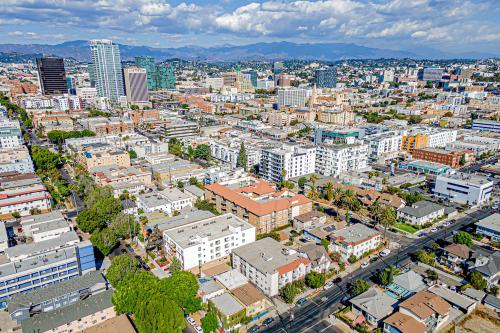Metropolitan planning organizations (MPOs) are the bodies designated with performing the planning required by federal highway and transit programs. This planning has become much broader and more ambitious under the surface transportation legislation enacted in 1991 and 1998. Several methods are used to hold MPOs accountable for meeting federal requirements. One of these is a federal certification process. Certification was first required by statute in 1991, and has been extended with very little change for six more years by legislation passed in 1998. This paper examines the MPO certification process, what it has accomplished to date, some of the issues it has raised, and its prospects for improving metropolitan transportation planning further in the future. There appears to be a growing gulf between the expectations of some advocacy groups who believe the certification process should be used more proactively to reach compliance with the full potential of TEA-21 quickly, and many federal, state, and local officials who believe that it will be more effective in the long run to use certification as one of several tools to help build the capacity of MPOs to reach their full potential in a more evolutionary fashion.
The Brookings Institution is committed to quality, independence, and impact.
We are supported by a diverse array of funders. In line with our values and policies, each Brookings publication represents the sole views of its author(s).


